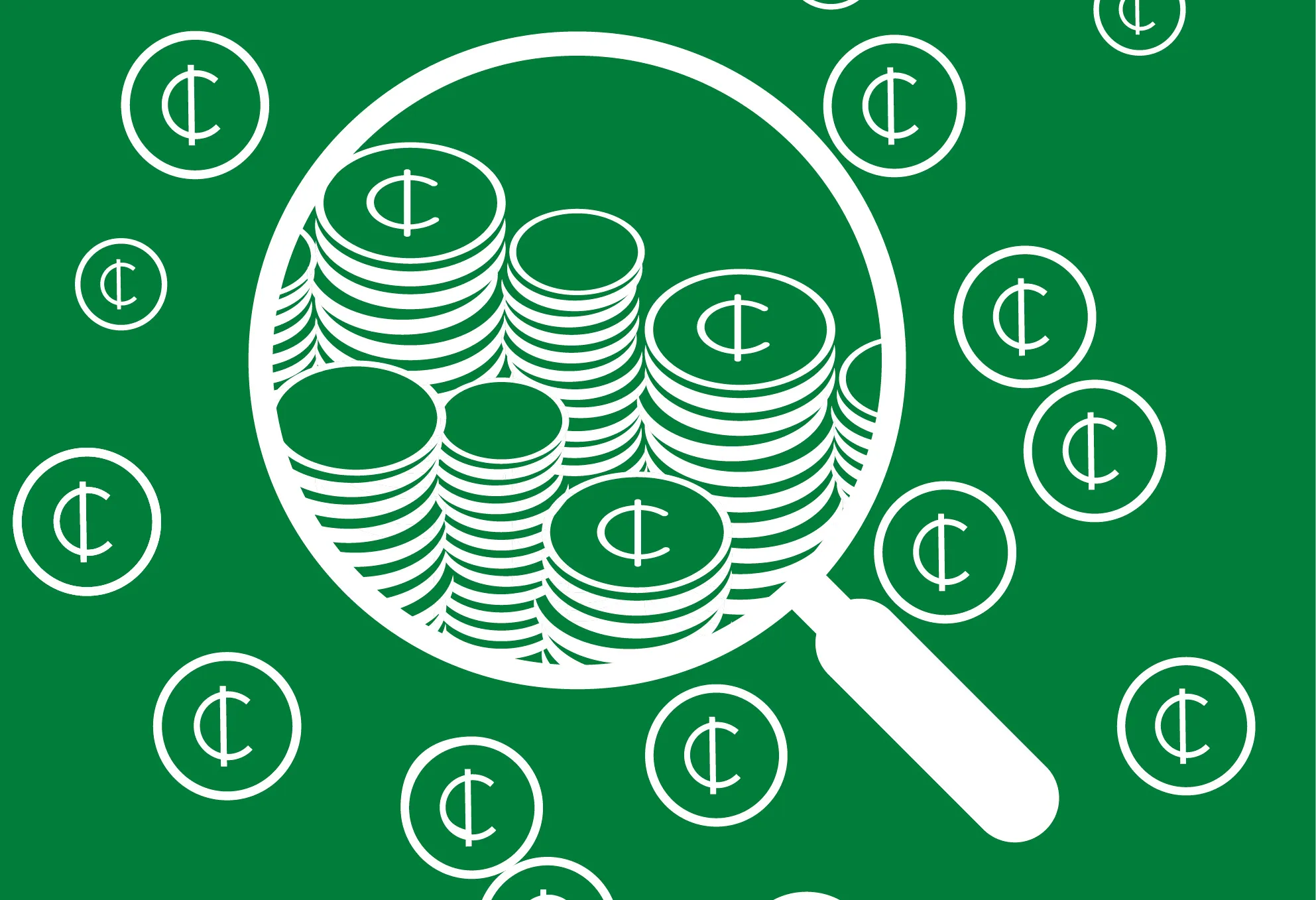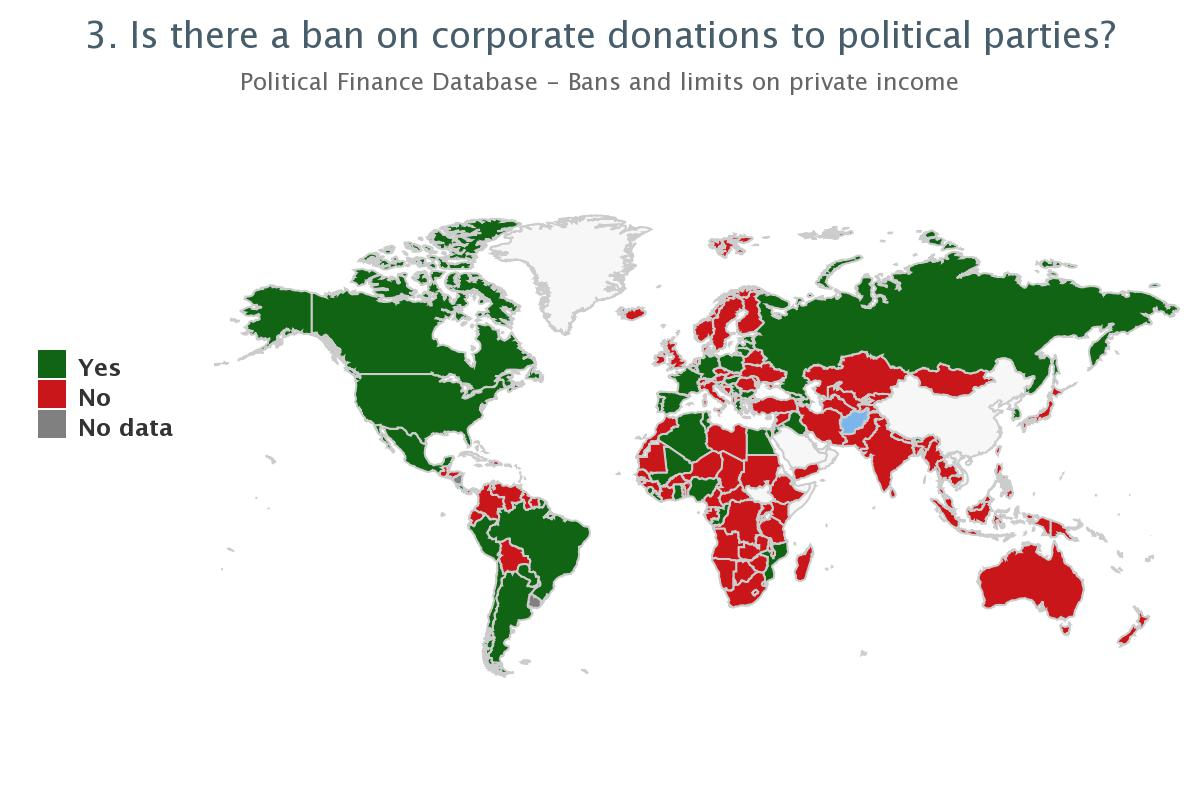Mongolia calls for political finance reform amid political turmoil

Sandwiched between China and Russia, Mongolia’s democracy is in constant peril. The country’s political turmoil is not only prompted by the geopolitical forces outside of its borders, but also from creeping corruption from within.
The most recent chapter in Mongolia’s democratic experiment included a vote of no confidence against the prime minister last week. The move was propelled by a scandal that saw several high-level officials embezzling large sums of money through loans from a government fund that were intended to support small and medium-size businesses.
The Prime Minister dodged the bullet, but it was a close call. The scandal has left a government bruised in the eyes of the public, who already had a negative opinion of politics and politicians. Now, more than ever, Mongolia’s Parliament needs to demonstrate to the public that it’s serious about fighting corruption. Transforming the way that ‘big’ money flows in and out of politics should be the first step.
According to a report on political finance in Mongolia released last week by International IDEA and the Open Society Forum, the main obstacle standing in the way of a healthy political finance system stems from the weak implementation of its regulations.
In Mongolia, there is little oversight of how much private donors are pouring into parties’ coffers, not least because of how unclear the process is to select which party or candidate reports should be audited in the first place. To add insult to injury, political parties don’t even recognize the full authority of the agencies in charge, chiefly the National Audit Office, to request, audit and publish their reports.
The way private funders can contribute large sums of money to campaigns and parties is also a reason for concern. In a country rich in natural resources, corporate donations make an important part of the financial makeup of elections. And while it’s not rare to allow corporations to fund political parties (this is allowed in almost 70 per cent of countries around the world, according to International IDEA’s Political Finance Database), in Mongolia the problem is that corporations appear to disguise their contributions as individual donations and thus avoid the limits. To make things worse, some of these enterprises enjoy government contracts. It’s no surprise that they expect future favours in return.


Another pervasive practice in Mongolia is the role of candidates funding their own parties. While in other countries candidates receive some support (to more or less degree) from their parties to run for office, in Mongolia, the tables are turned: candidates are expected to contribute large sums of money to their parties in exchange for their nomination. And as election costs rise, so do the amount of money candidates are expected to pledge to their parties. All of this makes it harder, if not impossible, for women and young people to compete in politics, as they typically lack access to these types of large financial sources.
The good news is that Parliament has two windows of opportunity to improve the situation. Legislators are currently debating reforms to the Law on Elections and The Law on Political Parties, respectively. This gives them a golden opportunity to enact changes that address these and other challenges linked to the role of money in politics. After the recent wave of scandals, the public is eager for signs of hope.




